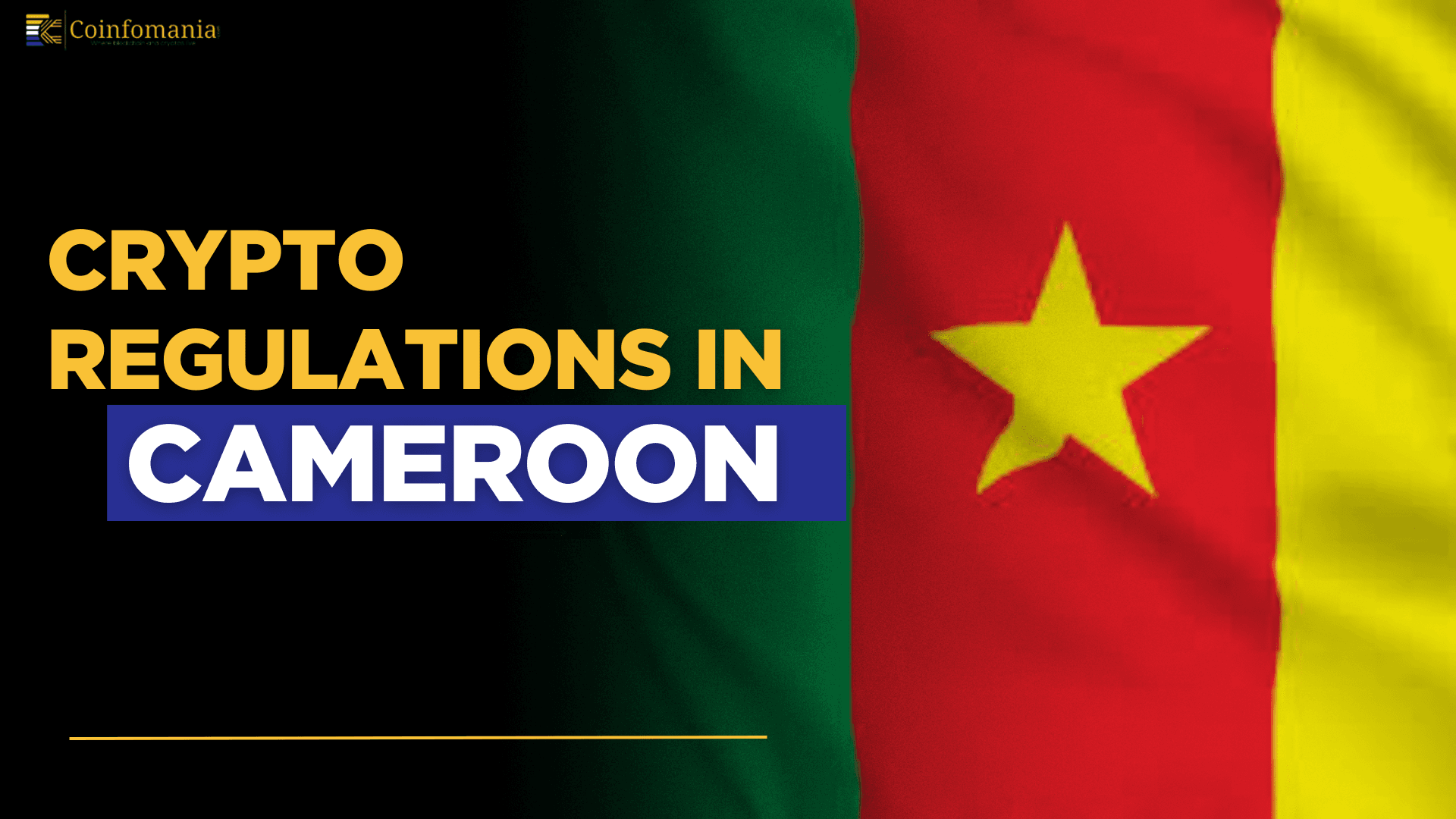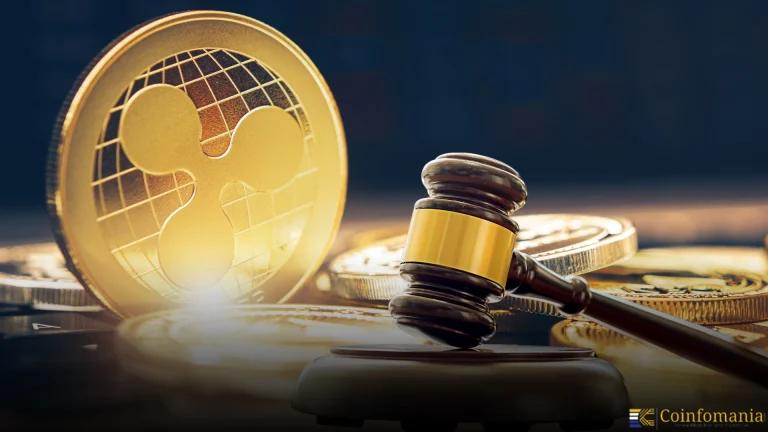Cryptocurrency Regulations in Cameroon
The approach of Cameroon towards cryptocurrency is that of pessimism and doubt. Although the use of cryptocurrencies is on the increase in the country, the country has no particular legal framework to govern their use. To investors and commercial ventures, the regulatory environment is vital as it influences not only operations but also risks. Financial […]

The approach of Cameroon towards cryptocurrency is that of pessimism and doubt. Although the use of cryptocurrencies is on the increase in the country, the country has no particular legal framework to govern their use. To investors and commercial ventures, the regulatory environment is vital as it influences not only operations but also risks. Financial systems in the country, which are controlled by the financial regulators such as the Bank of the Central African States (BEAC), are regulated, yet cryptocurrency is not regulated extensively.
Historical Context
To begin with, Cameroon had no position on the legality of cryptocurrency and was neutral. The government first took an interest in 2015 when it outsourced an Indian software company, Trestor, to test a digital currency. However, the cost of electricity incurred in the exchanges of the cryptocurrencies did not allow further testing.
One of the studies conducted in 2018 showed the growing popularity of the cryptocurrency in Cameroon, particularly among the youth who are technologically inclined. However, the Cameroon government has not enacted any elaborate law on the cryptocurrencies.
Regulatory Framework
Important regulatory agencies: The Bank of the Central African States (BEAC) is the central regulatory body that controls the financial affairs of all the members of the Central African Economic and Monetary Community (CEMAC), Cameroon inclusive. Still, no regulation on cryptocurrency, in particular, has been developed by BEAC.
Licensing and registration Requirement: There are no formal licensing and registration requirements in Cameroon to do cryptocurrency business. This absence of control is not only a freedom of the companies but it also opens up the chance of uncontrolled activity.
Anti-Money Laundering (AML) & Know-Your-Customer (KYC): AML and KYC are not perfectly applied in the crypto industry in Cameroon because there are no explicit regulations of cryptocurrencies. Consequently, the cryptocurrency platforms tend to operate without the necessary scrutiny that is evident in other regulated markets.
Taxation of Crypto: Cameroon does not have a formal taxation framework on the use of cryptocurrency. Nevertheless, there are worries that the crypto-related income may be taxed, particularly as the market is expanding.
ICOs, STOs and Other Crypto Assets: ICOs, STOs and other crypto assets are not well regulated in Cameroon. There are no established policies and structures that guide such activities; hence, investors are at risk.
Cameroon Cryptocurrency Policies
Regulatory Approach to the Use of Cryptocurrency: Cameroon has not legalized cryptocurrency and does not officially provide a framework on how to use it. Nevertheless, it has been to some extent adopted with cryptocurrency mainly being used by those who are more tech-savvy.
Crypto Mining: Crypto mining in Cameroon is not regulated. This absence of regulation draws alarms regarding the environmental and economic effect of energy-intensive mining operations.
Government-Supported Initiatives or Projects: Government-supported initiatives or projects in cryptocurrency or blockchain do not exist but are sometimes negotiated regarding possible regulatory frameworks.
Consequences of Non-compliance: At present, there are no consequences of non-compliance since there are no forms of cryptocurrency regulations. There is however a fear that lack of regulation may facilitate frauds in the crypto world.
Caamerron’s Approach to Crypto Innovation
Cameroon has portrayed an ambivalent attitude towards cryptocurrency innovation. Even though the government has not entirely adopted crypto, an attempt to learn to understand digital currencies, especially in trial programs such as Trest, has been witnessed. Although no formal regulation sandbox or innovation center on cryptocurrency is available. There has been pressure by certain local fintech and blockchain firms to adopt the use of digital currencies in business dealings.
Notable Challenges and Issues
- Regulation Inconsistencies: The absence of any clear regulations in relation to cryptocurrencies leads to inconsistencies in how crypto businesses are conducted in the country of Cameroon. All the above is just aggravated by the decentralized features of cryptocurrencies.
- Enforcement: Enforcement of the laws regarding crypto is almost impossible without clear guidelines. Cryptocurrencies offer anonymity, which is not easy to control and regulate.
- Perception of cryptocurrency by people: Although people have been interested in cryptocurrencies, especially in the period of increased online transactions during the COVID-19 pandemic, there is a lack of trust. Others fear the unregulated and the danger of Ponzi schemes that tend to come with crypto investments.
Key Regulatory Trends and Future Outlook
- Recent Developments: The last few years have seen a high use of cryptocurrencies due to the ease of digital payments. Nonetheless, BEAC has been against the regulation of cryptocurrencies because of the fear of a loss of foreign exchange reserves.
- Future Outlook: There is no roadmap on how Cameroon is going to regulate the use of cryptocurrency, but it is probable that with the increase in the use of cryptocurrency, the government will feel pressure to provide guidelines. These regulations, however, can be challenged by the financial institutions and regulators in CEMAC.
- Global Significance: Cameroon is not alone in its careful attitude towards cryptocurrency, Central Africa, as a whole, is taking a similar stance. As BEAC denies the need to regulate crypto, the practice of approaching the issue in different ways is likely to persist among neighboring countries, which may affect economic integration in the region.
Conclusion
Cameroon has not yet revealed their attitude to cryptocurrency, and they have not brought in some regulation. This creates a climate which provides potential chances along with threats to investors and companies. Owing to the growing popularity of cryptocurrencies, the regulatory regime in Cameroon will be of more significance to the stakeholders operating in the volatile crypto market.
FAQs
1. Is cryptocurrency allowed in Cameroon?
The use of cryptocurrency in Cameroon is not directly illegal; however, no laws currently govern its use. The government has not given any formal legal position on the same and thus the space remains unregulated.
2. Is trading cryptocurrency legal in Cameroon?
Yes, cryptocurrency trading is possible in Cameroon but it is not formalized; thus, it exists in a grey area. Businesses and traders are at liberty to purchase and sell crypto but they are exposed to the dangers of unregulated practices.
3. Does Cameroon have cryptocurrency taxations?
There are no particular tax laws on cryptocurrency activities in Cameroon. This brings a degree of confusion in the determination of the amount of crypto-related income or gains which are liable to taxation, making it uncertain to the traders on the tax due to them.
4. What are the risks of trading in cryptocurrency in Cameroon?
The predominant risk of cryptocurrency trading in Cameroon include the absence of regulatory procedures, the risk of being exposed to fraudulent sites, and Ponzi schemes. Investors can only be given protection in the event of fraud or loss of finances to a certain extent in the absence of a legal framework.
5. Is it possible to mine crypto coins in Cameroon?
In Cameroon, mining cryptocurrencies cannot be regulated, and this implies that those engaging in the activity and companies are not subject to laws relative to the practice. But it does not have any rules and regulations as to how to solve any environmental complications or energy consumption during mine works.
6. Is Cameroon a nation with its own cryptocurrency?
There is no national crypto in Cameroon. Nevertheless, attempts to test a digital currency were taken in 2015 and they have some potential but were not successful due to high energy requirements and other factors.
7. What can BEAC do to control cryptocurrencies?
In Cameroon, the monetary policy is controlled by the Bank of the Central African States (BEAC) which has yet to come up with specific laws or models to control cryptocurrencies. The BEAC has expressed concern on the impact of crypto on the CFA franc.
8. Is there any punishment against illicit cryptocurrency practices?
As there is no official regulation in Cameroon, there is no particular punishment regarding unlawful cryptocurrency activity. There is no clarity in rules that exposes businesses and individuals involved in crypto transactions to legal risks.
9. Has Cameroon adopted any blockchain or crypto projects?
Although Cameroon has not yet introduced massive blockchain or cryptocurrency applications, the government has been interested in the digital currency. In 2015, there was an effort to trial a digital currency, but this was abandoned because electricity was expensive.
10. What will happen to cryptocurrency in Cameroon?
Whether cryptocurrency will survive in Cameroon will depend on government actions to establish legal frameworks. With increasing use of crypto, there is a possibility that at some point policymakers will have to respond to the necessity of clear guidelines to help the development of the industry without the associated risks.
Follow us on Google News
Get the latest crypto insights and updates.
Related Posts

Ripple Highlights Custody as Key to $18.9T Tokenized Assets by 2033
Shweta Chakrawarty
Author

Hong Kong SFC Issues New Custody Rules for Crypto Platforms
Shweta Chakrawarty
Author

South Korea and Vietnam eye $150B trade despite Trump tariff
Shweta Chakrawarty
Author